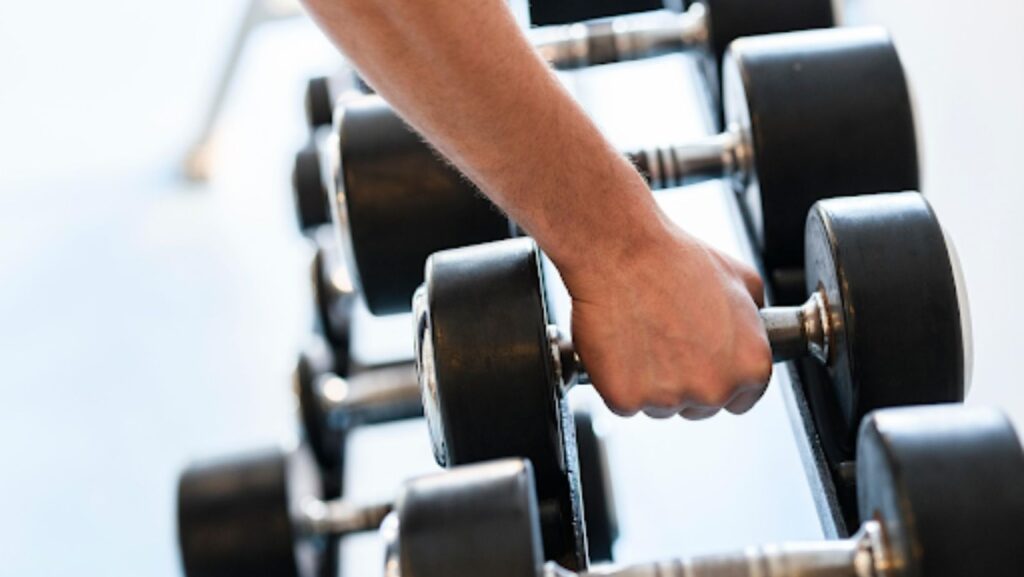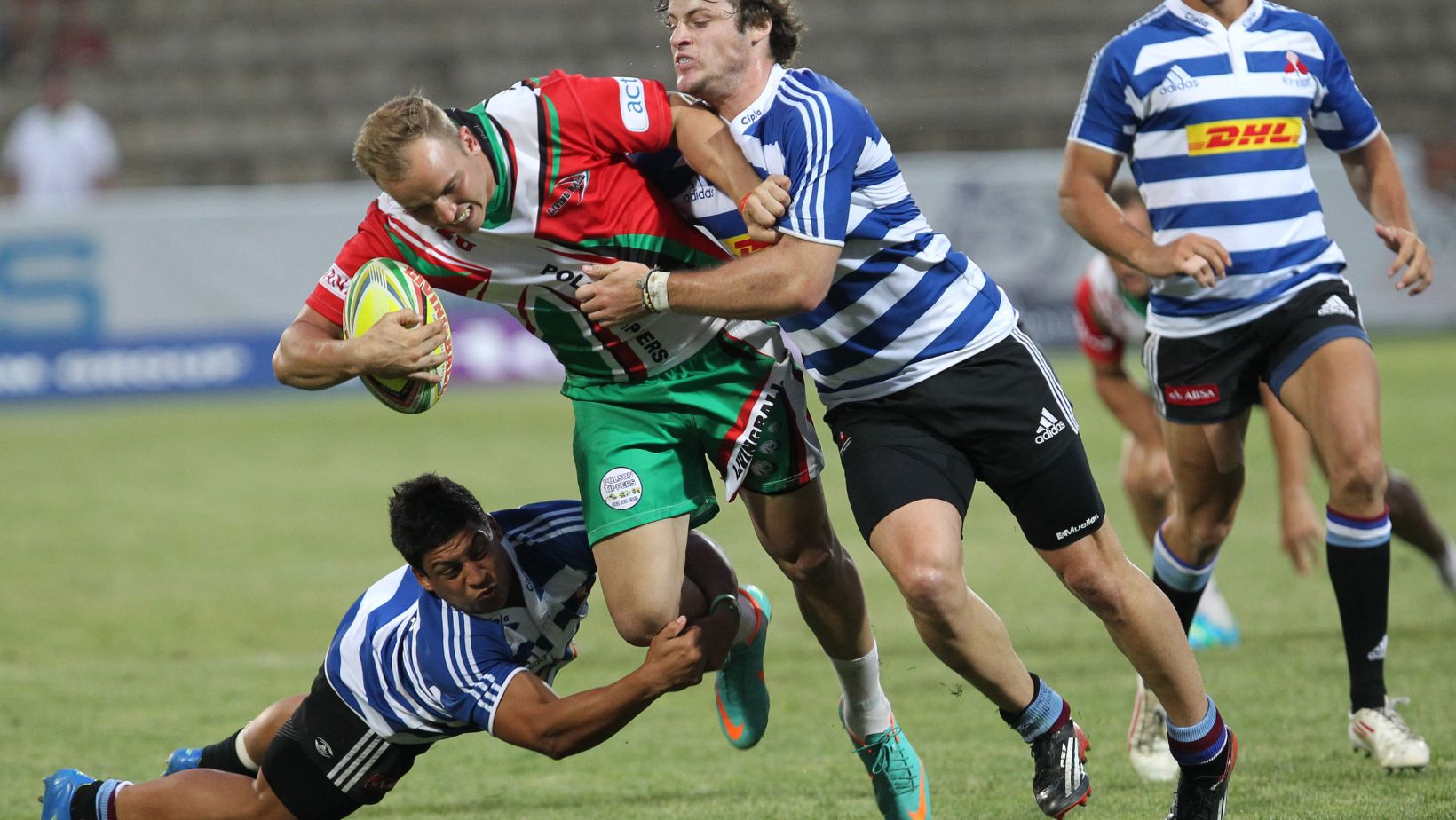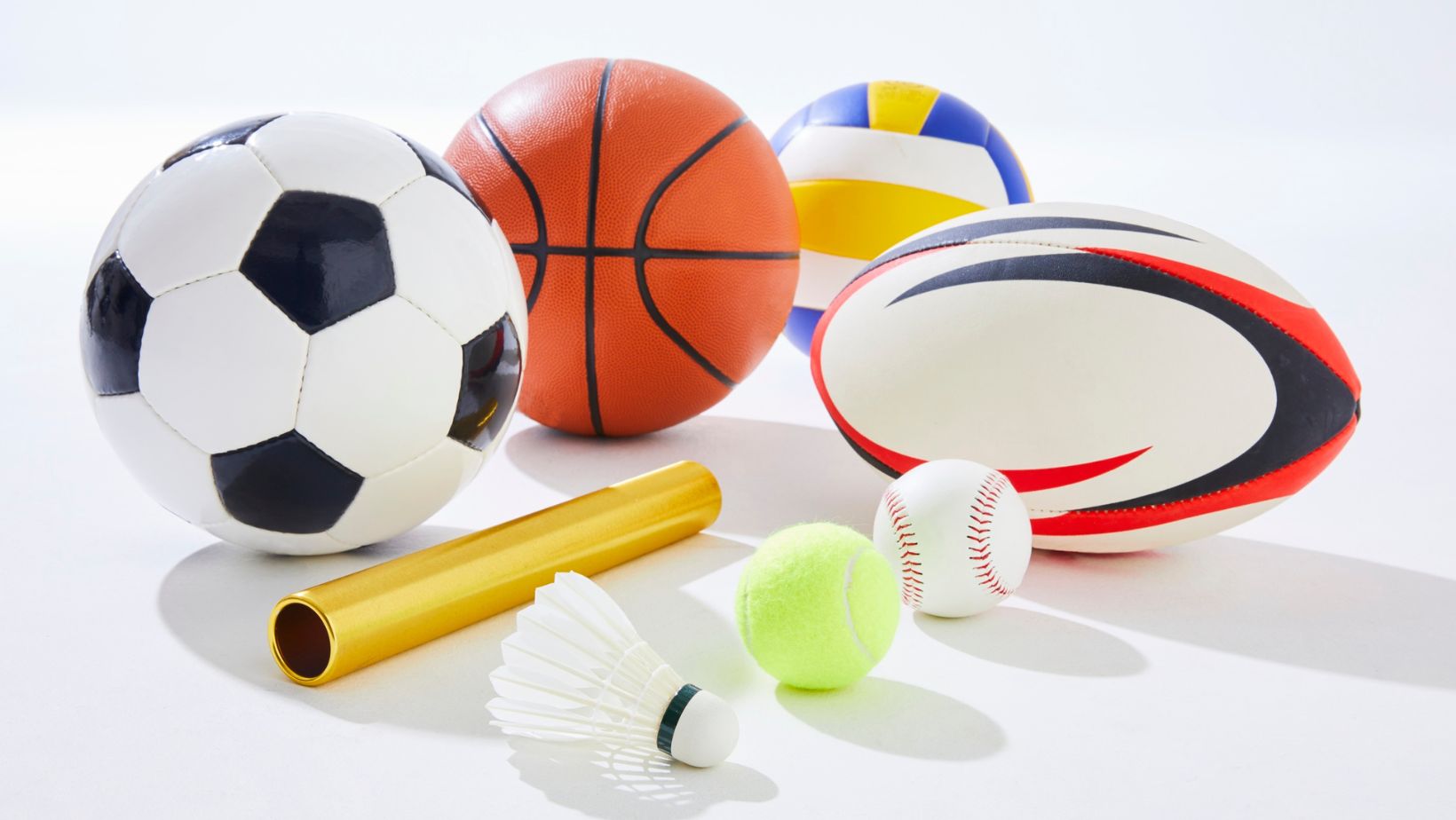Sports provide more than just entertainment and physical exercise. They offer a strong forum for honing critical leadership skills that directly contribute to success both personally and professionally.
Sports provide special chances for people to develop their leadership abilities through team dynamics, organized rivalry, and demanding surroundings. The knowledge gained on courts, fields, and tracks becomes basic building blocks for both personal and professional success.
Learning Leadership Through Team Dynamics
Team sports provide natural leadership venues where players grow in important social skills. Athletes might visit https://bd1xbetlogin.com/ and concurrently learn about team cooperation while reviewing scores or getting ready for a game. Effective teams demand members to understand individual roles, communicate well, and pursue group objectives. These encounters impart basic leadership lessons, including strategic thinking, teamwork, and respect, among others.
Sports help one to acquire a vital ability: communication. Players pick up active listening to colleagues, clear directions, and helpful criticism. Senior team members and captains generally answer for inspiring others, conflict resolution, and team morale preservation. These interactions equip athletes for leadership in many disciplines, reflecting professional working situations.
Emotional Intelligence in Sports Leadership
Sports contexts need great emotional intelligence. Athletes have to control their own frustrations, minimize pressure, and keep their cool under trying conditions. Learning to control emotions and help colleagues fosters qualities of critical leadership. Knowing personal emotional reactions and identifying others’ emotions becomes a useful ability applicable in the workplace.
Competitive sports help participants to learn to gracefully manage both success and defeat. Leaders have to show fortitude, welcome criticism, and keep good attitudes in trying circumstances. In professional settings when obstacles are frequent, these emotional control techniques are crucial. Sports offer a regulated setting where one can grow in these important psychological capacities.
Decision-Making Under Pressure
Sports generate high-stress situations that test athletes’ ability to act fast and strategically. In team or individual sports, athletes develop fast situational assessment, numerous choice evaluation, and the most effective course of action selection. These abilities for making decisions closely relate to leadership positions in corporate, managerial, and other professional fields.
In competitive events, split-second decisions call for confidence, risk assessment, and thorough study. Athletes grow to be able to trust their instincts and training, think critically, and remain cool under pressure. These are basic traits of good leadership, as, in this kind of leadership, swift decisions decide success or failure.
Discipline and Goal-Setting Strategies
Sports promote exacting discipline and disciplined goal-setting techniques. Athletes pick up the ability to set long-term goals, divide them into reasonable steps, and keep constant work towards success. Training programmes call for time management, focus, and dedication—all vital traits of leadership in the workplace.
In sports, goal-setting is knowing personal limitations, creating development plans, and keeping inspiration during demanding times. Athletes pick up skills in tracking development, setting reasonable but aspirational goals, and changing their plans as needed. Both personal development and professional goal management can benefit directly from these abilities.
Conflict Resolution and Teamwork
Competitive sports give natural settings for learning cooperation and conflict management. Athletes have to negotiate difficult personal dynamics, work through conflicts, and keep good team chemistry. Essential for positions of leadership, these encounters teach diplomatic communication, compromise, and group problem-solving techniques.
Effective teams demand members strike a balance between individual skills and group goals. A basic lesson in leadership is learning to help colleagues, acknowledge individual strengths, and pursue group projects. Sports show that good leadership is inspiring people and building cooperative settings.
Adaptability and Strategic Thinking
Sports require athletes to constantly adjust to new conditions. Unexpected events, opponent tactics, and the state of the weather call for adaptable thinking and quick corrections. These encounters help to build strategic thinking abilities that are absolutely vital in leadership positions in many different fields.
Athletes get up advanced situational reading, prospective challenge anticipation, and alternate strategy development. In fast-changing professional settings, this flexibility becomes a crucial quality of a good leader. Sports offer a dynamic training ground for honing strategic planning and mental flexibility.
Mentorship and Personal Development
Sports present special mentoring opportunities whereby seasoned players coach younger team members. Through their instruction and encouragement of individual and team development, coaches and top players show leadership. These mentoring opportunities impart insightful teachings on motivating others, imparting knowledge, and helping people to grow personally.
In sports, leadership is knowing one’s own goals, spotting talent, and supporting others in development. These mentoring abilities naturally transcend into positions of professional leadership, where team member development and direction become absolutely vital.
Sports as Leadership Laboratories
Sports are great settings for learning thorough leadership abilities. The knowledge gained from sports experiences offers basic instruments for both personal and professional success. Sports provide unmatched leadership development possibilities by designing demanding, dynamic situations that call for communication, emotional intelligence, and strategic thinking.



